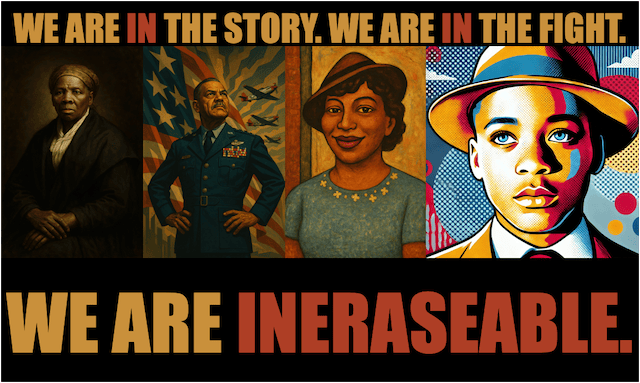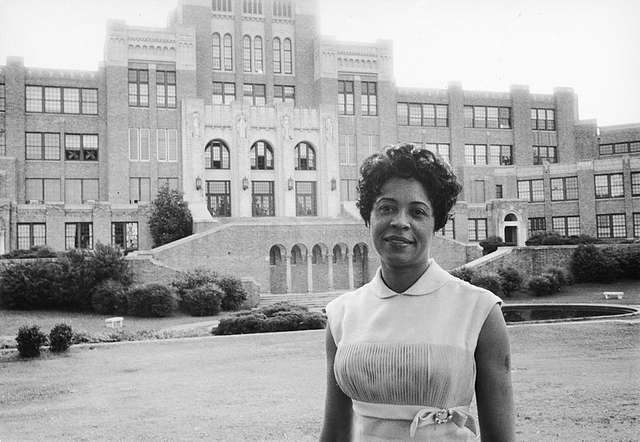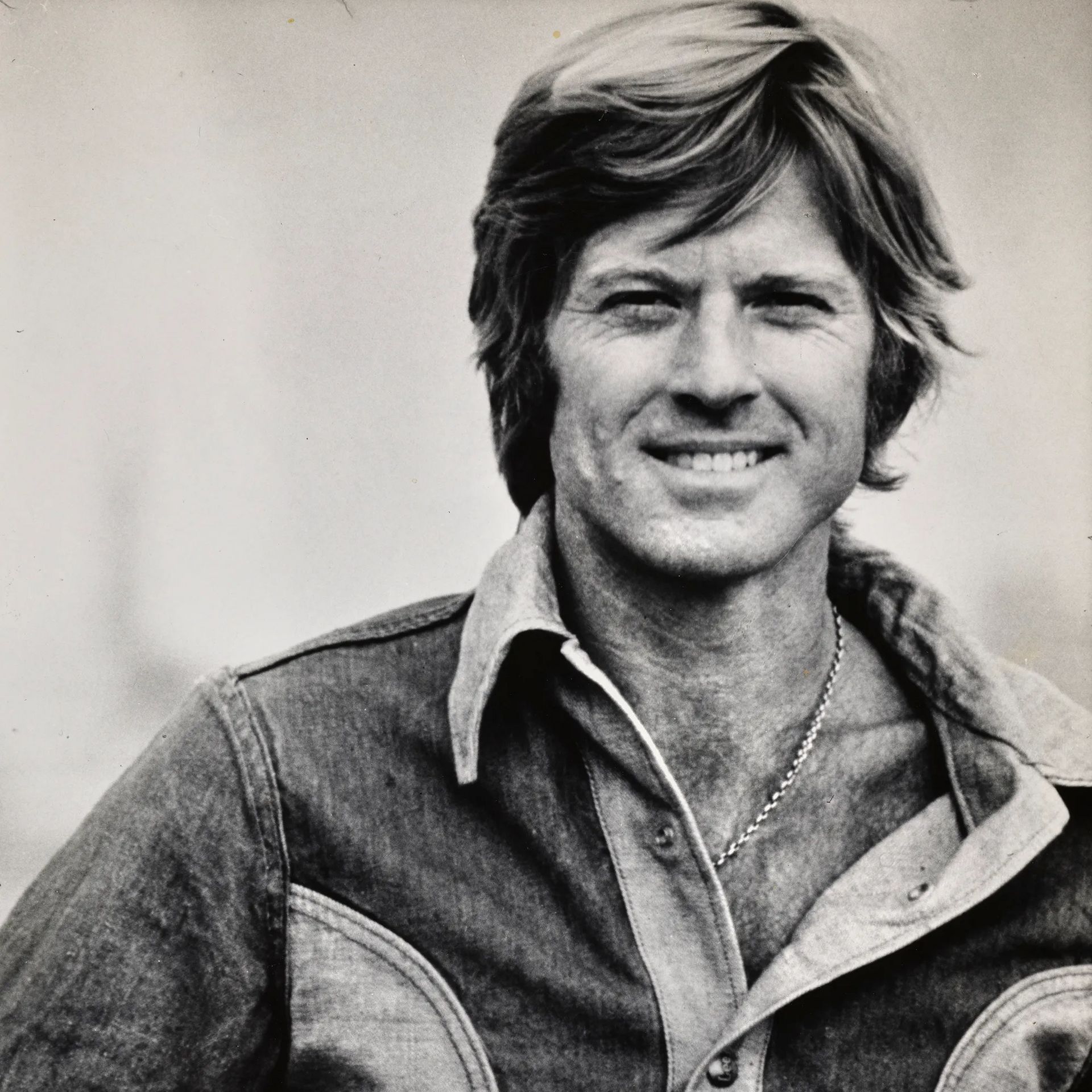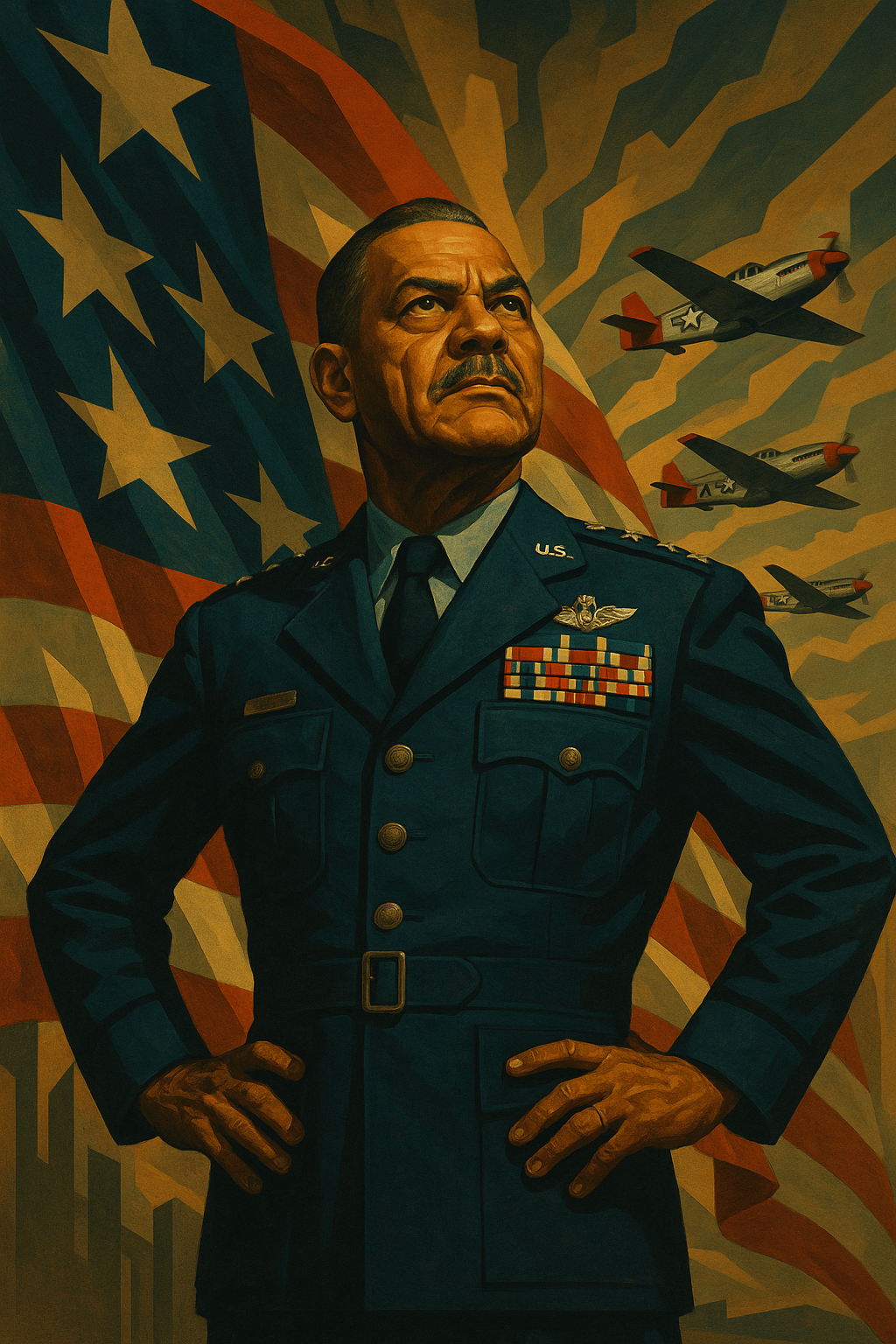The INerasable INsider

Welcome IN…
and thank you for being. This is the INaugural issue of our INersable INsider newsletter and you’re receiving this because you signed up to follow INerasable or you purchased something from our site, and I really want you to know that you are INcredible!
This project started from one simple conviction: history cannot — and must not — be erased. Through art, storytelling, and community, we’re working to honor the legacies of those whose shoulders we stand on, and to keep their stories alive for the next generation.
The response to our launch has already been overwhelming and heartening. From follows and shares to the first wave of purchases — your support tells us this matters, and together we can grow this into something much bigger.
Here’s what you can expect in future issues:
Spotlights on The INerasables — the figures we honor.
Deep dives into untold history.
Updates on new designs, new products, and ways to get involved.
Reflections on how we can push back against erasure today.
This is just the start of the journey. Thank you for standing with us and carrying these legacies forward. With your support, small things can grow into big things.
Because history is:
IN Me.
IN You.
INerasable.
With gratitude,
Stafford H. Burns
INerasable INsight Feature Story
IN the Fight: Daisy Bates (1914-1999)

As September begins and students across the country head back to school, it’s worth remembering a moment when simply walking into a classroom was an act of extraordinary courage.
Behind the nine students who integrated Central High School in Little Rock stood someone whose name deserves to be spoken just as often: Daisy Bates.
Bates, president of the Arkansas NAACP, became the mentor, organizer, and protector of the Little Rock Nine. She and her husband housed them, fed them, counseled them, and literally walked them through hostile mobs to the school doors. She coordinated legal strategy, pushed back against state leaders, and endured harassment that included rocks through her windows, crosses burned on her lawn, and daily smears in the press.
But Bates never wavered. She told the Nine they weren’t walking just for themselves, but for generations to come. Without her strength, it’s doubtful those students would have ever made it inside.
IN the Shadow of Education
It’s tempting to see the story of the Little Rock Nine as a chapter closed — a victory won. But history doesn’t freeze; struggles evolve.
In 1957, southern schools tried to keep Black students out.
In 2025, some schools are trying to keep Black history out.
Book bans, curriculum restrictions, and attacks on African American studies are modern echoes of the same fear that once blocked schoolhouse doors. Whether by mobs in the streets or by quiet policy, the goal is the same: to limit access to truth.
That’s why the Little Rock Nine (8 of whom are still alive!) — and Daisy Bates — matter so much today. They remind us that young people can lead, that community organizers can change the course of history, and that education has always been a battleground for justice.
Why This Story is INerasable
At INerasable, we share stories like these not as distant history, but as living lessons. The courage of Elizabeth Eckford, Ernest Green, Melba Pattillo Beals, Minnijean Brown, Gloria Ray Karlmark, Carlotta Walls LaNier, Thelma Mothershed Wair, Terrence Roberts, and Jefferson Thomas. The determination of Daisy Bates. The reminder that access to truth and justice in education has always required struggle.
They are not just part of African American history — they are inseparable from American history.
As Fannie Lou Hamer once said, “Nobody’s free until everybody’s free.” The Little Rock Nine proved that sometimes freedom begins with the simple, radical act of walking into school.
IN the spotlight
General Benjamin O. Davis Jr.
As September marks the birthday of the United States Air Force, founded on September 18, 1947. When we celebrate the Air Force, we also celebrate one of its most trailblazing leaders: General Benjamin O. Davis Jr. — the first Black general in the U.S. Air Force and commander of the legendary Tuskegee Airmen.
Davis’s story is one of perseverance against staggering odds. When he entered West Point in 1932, white cadets waged a campaign of silence against him. For four years, classmates refused to talk to him outside of official duties. No one shared a meal with him, no one roomed with him, no one offered friendship. The intent was cruel and clear: to make him quit. Davis endured the silence with dignity, graduating in 1936 — 35th in his class of 276 — and becoming only the fourth African American graduate of West Point.
That grit defined his career. During World War II, Davis commanded the Tuskegee Airmen, whose unmatched escort record made them famous among bomber crews. Later, he became the first Black general in the Air Force, shaping policy and pushing for integration. His leadership didn’t just change the Air Force; it changed the country.
Few know that Davis also played a role in programs everyday Americans still feel today. His work helped lay the foundation for the Air Marshal program, protecting civilian flights in the jet age. He also contributed to federal transportation policy, including early efforts that influenced the national speed limit system.
In 2019, his legacy was honored in a historic way when the U.S. Air Force Academy named its airfield “Davis Airfield.” We were there for the ceremony and the Air Force/Army game that was played in his honor, and it was powerful to see the Academy pay tribute in such a visible way. Standing on that tarmac one day and the football gridiron the next day, surrounded by Air Force cadets, surviving Tuskegee Airmen, and family it was clear: the silence he endured at West Point had given way to a legacy spoken loud and clear.
This September, as the Air Force marks another year, we remember the INerasable General Benjamin O. Davis Jr. His story is more than military history — it’s a lesson in resilience, leadership, and the power of refusing to be erased.
Because history is:
IN Courage.
IN Command.
INerasable.
Read more about Gen. Davis and his father General Benjamin O. Davis. Sr., the first Black general in the Army in the Military.com Book of the Year and Amazon #1 seller, Invisible Generals, by my cousin, Doug Melville.
IN memorium
Robert Redford (1936-2025)

A Life of Art, Integrity, and Advocacy
Robert Redford, the legendary actor, director, and activist, passed away on September 16, 2025, at his home in Sundance, Utah. He was 89.
Beloved for his roles in Butch Cassidy and the Sundance Kid, The Sting, and All the President’s Men, Redford became much more than a Hollywood icon. As a filmmaker, he used his platform to champion civil rights, environmental justice, and the power of truth in storytelling. His Academy Award–winning directorial debut, Ordinary People, proved that he was committed to telling human stories with depth and honesty.
Beyond the screen, Redford was a consistent voice for justice. He championed Native American rights, supported Indigenous artists through Sundance, and spoke out for other marginalized communities long before it was fashionable in Hollywood. He lent his influence to projects that challenged corruption and inequality, and built the Sundance Institute and Film Festival to ensure underrepresented voices would be heard.
In many ways, Redford stood in the same tradition as the figures we honor at INerasable — people like Ida B. Wells, who used journalism to expose injustice, or Fannie Lou Hamer, who insisted on telling the unvarnished truth about America’s struggles. Redford believed in amplifying the silenced, even when it was uncomfortable for the powerful.
He received countless honors — the Presidential Medal of Freedom, Kennedy Center Honors, Golden Globes — but his greatest legacy may be the reminder that art and activism can walk hand in hand.
Because history — and the stories we choose to tell — must remain:
IN Me.
IN You.
INerasable.
IN the near future
Notes from the INside
This is just the beginning for INerasable. In the coming months, we’ll be rolling out educational workbooks, posters, stickers, notebooks, and more — new ways to honor legacies, share stories, and keep history alive in classrooms, homes, and communities.
👉 Follow us on Facebook @weareinerasable, Instagram @weareinerasable, and Bluesky @weareinerasable.bsky.social
👉 Tell your family, friends, and neighbors.
👉 And always check WeAreINerasable.com for new stories and new legacies.
This is just the beginning — and with your support, small things will grow into big things.
Because history is:
IN Me.
IN You.
INerasable.
Thanks again for you support! -Stafford
"The way to right wrongs is to turn the light of truth upon them."

